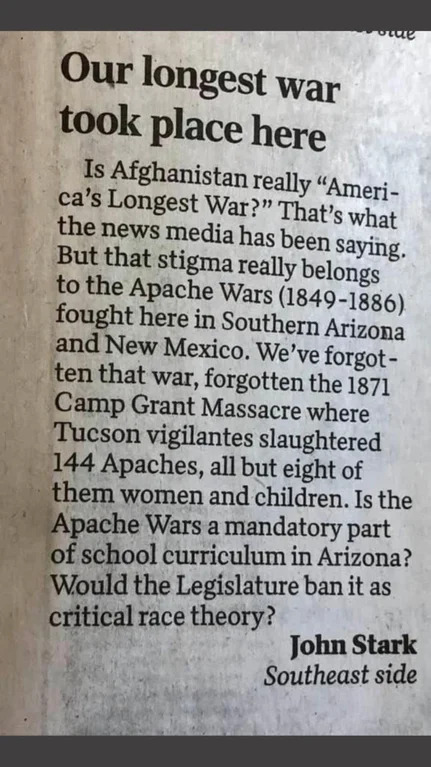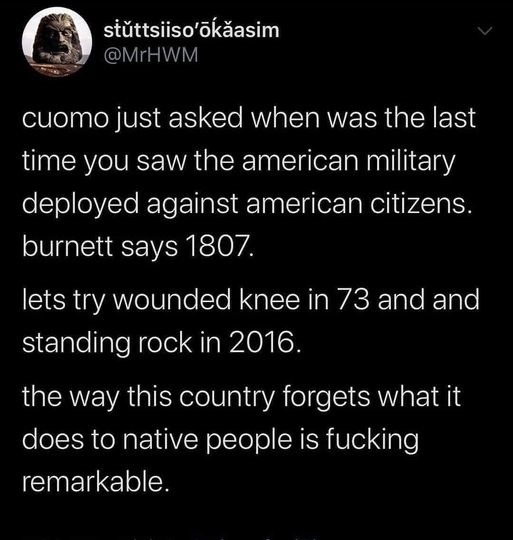#John Standing
Explore tagged Tumblr posts
Text
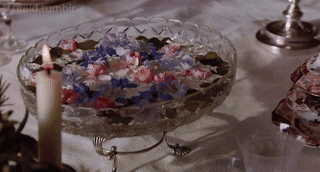
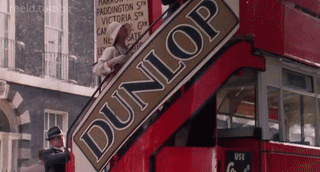
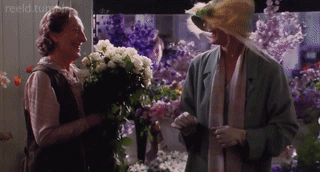

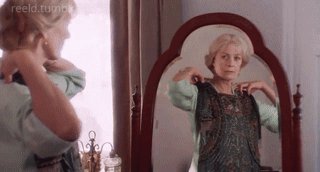
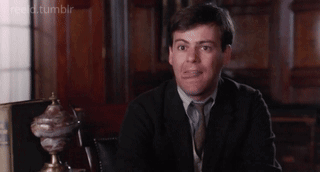
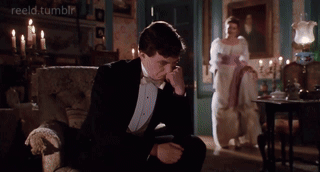
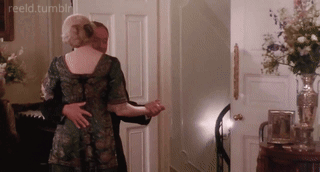
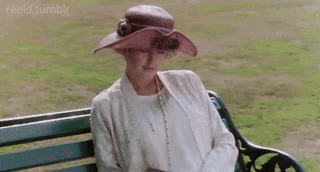
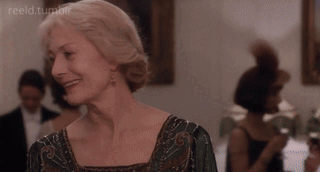
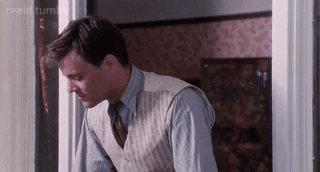
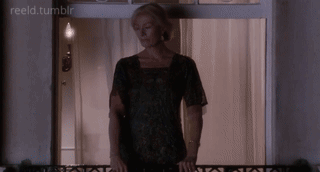




Mrs Dalloway (1997)
#mrs dalloway#movies#period drama#movies based on books#vanessa redgrave#natascha mcelhone#virginia woolf#gifs#film#1990s#costume drama#michael kitchen#rupert graves#lena headey#amelia bullmore#1997#1990s movies#john standing#my gifs
123 notes
·
View notes
Text
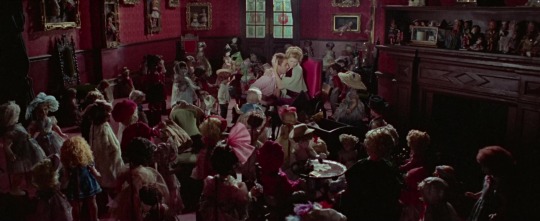
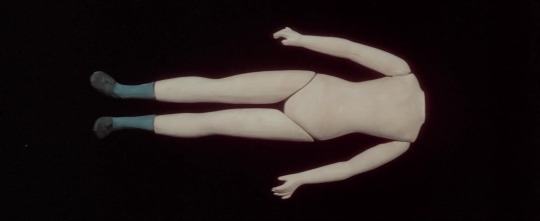
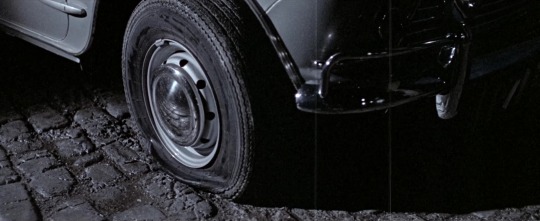
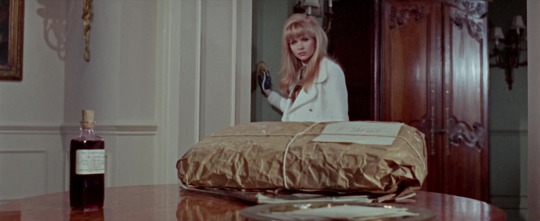
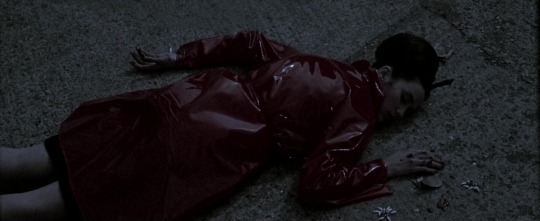
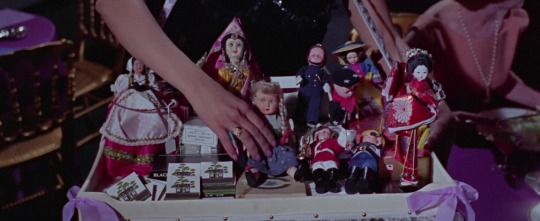
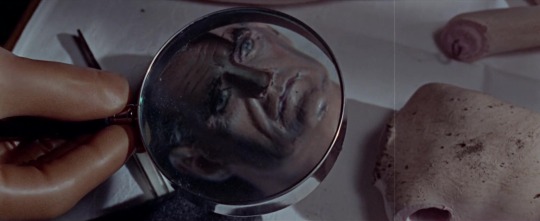
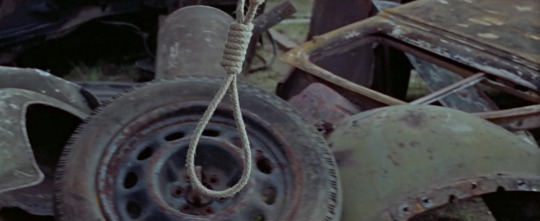
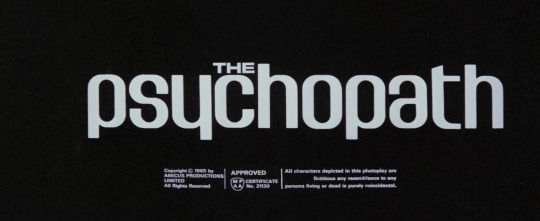
The Psychopath | Freddie Francis | 1966
125 notes
·
View notes
Text

#movies#polls#walk don’t run#walk dont run#60s movies#charles walters#cary grant#samantha eggar#jim hutton#john standing#miiko taka#requested#have you seen this movie poll
26 notes
·
View notes
Text

The Legacy (1978) - Betamax
#the legacy#katharine ross#sam elliott#john standing#1970s horror#1970s movies#1978#richard marquand#horror#betamax
54 notes
·
View notes
Text
Writing a fanfic about Eloise in Scotland and becoming besties with John and Eloise talks to her about Theo and her need to write and John convinces her to write down her thoughts and sign them with her name? Yes, yes I am doing it
"You know, one day you will wake up and feel good, calm. The fire will go out and all the storm clouds will dissipate. You won't even be able to remember what made you lose all that sleep. Penelope will become just a stranger you will know about everything and it will be a beautiful memory, but it will only be a stranger, and that day, when you wake up and see it, will be a good day," John told him with a small friendly smile.
16 notes
·
View notes
Text
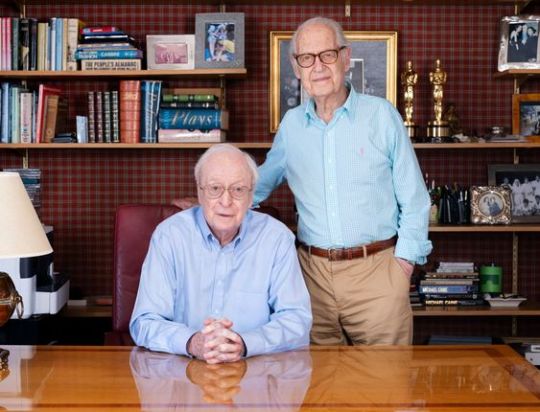
Michael Caine wears two watches: an analogue for the time and an Apple for everything else. It even knows his pulse, he says, impressed. Right now, it’s telling him his flat is 26C: warm enough for his wife, Shakira, to pour iced coffee into his flask, but not hot enough for those balcony doors to be open: “It’s blowing a bloody gale in here!”
I slide them shut slightly. Is that OK? A bit more. Enough? Bit more. I close them completely. He’s happy now.
Caine lives in Chelsea Harbour: posh 80s condos and Princess Diana’s gym. He likes the security and tolerates the helicopters. His London penthouse has caramel carpets, 360-degree views, two Oscars and 5,000 photos of his grandchildren.
Below us lies Battersea Bridge, tide low, shore glittering. No, he shudders, he’s never mudlarked. Why not? After all, his first novel, out in November, is about binmen who find uranium down at the dump. “Well,” he says darkly, “other people do things and it goes all right. I do them and bad things happen.”
He looks at me. We’re waiting for his co-star, John Standing, who is stuck in traffic. Caine is a big man with whom to make small talk. It’s not just that your brain short-circuits each time he speaks (Michael Caine?!?!), it’s that at 90, he’s still 6ft 2in, undiminished and simply intimidating.
In 1987, he gave an acting masterclass in which he revealed the secret to being forceful on screen was a) don’t blink and b) mascara. It works face-to-face, too. The first one, anyway.
During the Blitz, says Caine, he watched the city get flattened from his dormer in Camberwell; from here, he’s seen it rise up again. He loves new-build and soft furnishings with the passion of a man raised in an attic with no hot water, one outdoor loo and rickets. Every time a bomb fell, the mattresses doiiinged. “Me and my brother would laugh all through the bleedin’ air raids!”
An update: Standing will be here shortly. I praise the pot-plants and Caine mourns his garden. He was evacuated to Berkshire, where he was fed a tin of pilchards a day and locked in a cupboard for the weekends, and then to rural Norfolk, where he discovered a love of horticulture – later energetically indulged at his own places in Oxfordshire and Surrey.
Less so in Hollywood. He sold up there after someone told him that if he wanted to grow daffodils he’d need to put the bulbs in the fridge for a fortnight. “That was it! Final straw!” But did he do it? “Oh yeah. It worked.”
In comes Standing, 89 but nimble as a debutante, all polish and apologies. They settle down, discuss the weather and a window is discreetly opened. Caine goggles at my iPad, which he mistakes for a phone: “Blimey, that’s a big one!”
The Great Escaper is brilliant, I say. Caine is surprised I’ve seen it, let alone enjoyed it. Didn’t he? “Yeah. But I’ve had films where I liked it but other people didn’t agree with me.”
No wonder it tempted them from retirement: meaty roles dry up as you approach 100. Caine plays Bernard Jordan, a real-life Royal Navy veteran who made headlines in 2014 when he travelled alone from his care home in Hove, East Sussex, to Normandy for the 70th D-day anniversary. The film – flintier than you might think, and very moving – fictionalises a friendship with Arthur, a former RAF pilot (Standing) he meets on the ferry.
Both actors did national service in Berlin after the war; Caine was then drafted to Korea – “a bugger”, he says (his memoir suggests this is understatement). “When we got there they said: the Chinese have just sent a million troops. What? But they were just young kids and old men to take all our ammunition. You shoot at them and then the real fighters come. And that was the Chinese in a nutshell.”
In the film, the pair make a pilgrimage to the war cemetery at Bayeux in Normandy. “What a waste,” cries Bernard as the camera zooms out to show the rows and rows of headstones. Caine doesn’t agree. “You had to have full cemeteries because you’d had to fight the German army, which was not a load of idiots. And the Germans had to be stopped.”
And Korea? Well, communism is “perfectly frightful”, says Standing. Caine nods. “It doesn’t take care of the working class quite the way they say. My father was a fishmonger in Billingsgate, so I knew when I saw the communists, they had no idea what it was all about. Do any working-class people want to live in North Korea?”
They both think national service should be reintroduced. “It gives you a whole new realisation of life,” says Caine. “I notice how different young people are today. They’re so free with everything. Military training makes you think about helping other people. My grandsons – all they do is play football.” (Still, he adds later, they’re also “incredible, unbelievable, and they worry about other people – which is handy”.)
Standing chips in: one of his daughters is “a bit woke” and cautions him about getting cancelled. “It’s horrible! We’re not allowed to say anything. I loathe it. My God, you’re not allowed to have mother-in-law jokes! It’s sort of barking.”
Then again, “things were far less complicated” 70 years ago. He smiles benignly. “Your telephone alone is the most complex thing anybody’s ever dreamed of. You’ve got all the information you ever want. You can chat to Henry VIII. Have you seen the man made of wood and iron playing the most immaculate game of ping-pong and thrashing the ordinary Briton at the other end?”
I haven’t. Caine confesses some concern over robots – that’s partly what his novel, a thriller, is about. “But I’m 90. I don’t worry about the future. I worry if I’m gonna make it to lunch.”
Caine and Standing first met on another hot day, in the summer of 1976, shooting another war movie, The Eagle Has Landed. Caine played a Nazi eager to assassinate Churchill; Standing a rather flaky vicar. Memories of the shoot seem thin on the ground, but they agree moviemaking hasn’t changed much.
“I make my own world,” says Caine. “And if they employ me, they gotta leave me to do it my way. Otherwise I screw it up. And even if I do it my way, I screw it up as well.”
They both chuckle. “Michael, darling!” says Standing.
Have they changed?
Standing sighs. “We’re just so bloody old.”
“And we’re still here,” says Caine.
“Which is incredible! All my mates are brown bread.”
“Oh, mine and all. Sean Connery, Roger Moore. Everybody’s dead. It’s amazing.”
How does that feel?
“Lonely,” says Caine. “I had dinner last night here with eight women. Shakira gets ’em. I don’t get ’em. They’re the wives of my friends. I’m often sitting with a table full of widows.”
Standing empathises. “Hundreds of women round one all the time. And you sit there thinking: give us a break! Ask me something, anything you like!”
Caine nods. “Ask me a question about football! But I’m perfectly happy with all the girls. I love them.”
Again: consult his memoir for more details, but this is putting it mildly. Caine spent the 50s, 60s and early 70s hoovering up hotties across the continents, pausing only for relationships with Natalie Wood and Nancy Sinatra and to refuel on vodka with Terence Stamp and Peter O’Toole.
So when he says he was tired of bachelor life by 1972, you can believe it – he must have been exhausted. He had a night in, saw a Maxwell House ad on telly and resolved to fly to Brazil the next morning to marry the woman with the maracas. No need, said a pal: she was Indian, not Brazilian, and lived on the Fulham Road in west London.
This is one of Caine’s regular chatshow yarns and he duly does it for us today: “I tracked her down! Incredible!” Caine is a bit of an anecdote jukebox – tales triggered by the briefest mention of Cary or Larry or Frank – but with material like his, it’s hard to object. Though charming, he also dominates conversation in general – about which Standing is a gent. Does he miss the 60s? “I don’t miss it, but I love having done it. I used to get into trouble all over the place.”
He and Shakira have been married more than 50 years. Ageing is less awful, he advises, “if you’re married to someone really beautiful who doesn’t grow old. I wake up every morning and there she is!” It’s true: Shakira, 76, does seem preternaturally patient and gorgeous. “What is great about her is that she’s very bright. She was the secretary in the … I forget which country she comes from [Shakira was born in British Guiana, now Guyana], but she was the secretary of the American embassy, so she’s a great secretary for me. She runs everything. It’s unbelievable.”
At the heart of The Great Escaper is another enduring marriage, between Bernie and Irene, played by Glenda Jackson in her final film. She and Caine first worked together 48 years ago. “She was very young and pretty,” he says. “Very attractive. Bloody good actress. But a left-wing socialist and I’m all for making money because I come from a very poor background.” They never talked politics – bit busy making the movies. He saw her five days before she died in June: “She seemed fine.” He’s relieved it was quick.
Bernie and Irene are a devoted couple who, though the film doesn’t discuss it, didn’t have children. Might that have changed their dynamic? “Oh, tremendously,” says Caine. “You don’t have any other separate thing to talk about. You talk about each other. And you don’t have to judge how people feel about someone else. Only you.”
It’s a sharp insight, particularly given that he’s personally “always had children around me like wildfire”. His eldest daughter, Dominique, was born when he was 23, during a brief marriage to the actor Patricia Haines; he and Shakira have another daughter, Natasha. Picking up his eldest grandson from the school is, Shakira tells me later, the highlight of his week. “I love kids,” he says, a bit wistfully.
Standing murmurs agreement. He’s also been married for yonks. The secret, he says, is “laughing with each other”.
Caine is less on-message: “Don’t argue. Don’t try to prove it with arguments or a row. Let ’em do it.”
“Women are No 1 anyway,” says Standing.
“It’s the only place you can get babies,” nods Caine.
“But I gotta say this, Michael: have you seen what women do now?” says Standing. A dramatic pause. He’s a West End veteran, light comedies a specialty. “Cage fighting!” He turns to me. “What possessed your sex to do something like that? For men to cage fight is unthinkable. For women – boom, boom, boom, on each other’s faces! Deranged! But that’s modern life.”
Has Caine seen that? “Oh yeah,” he says blithely. “On television.” And? “I was stunned.” Why? “I wouldn’t do that to anyone. Even if I didn’t like them. I’d just knock ’em out and walk away.”
The real theme of The Great Escaper is – perhaps not one for the poster – that the only escape from old age is death. Yet Caine and Standing continue to produce work that will live on after they’re gone. Caine wrote his first novel bedridden during lockdown, and is now writing a second. Standing is a professional painter. They have six children between them. Are any of these enterprises better or worse as stabs at immortality? There’s only really one, says Caine: “Kindness.” And maybe Alfie. And The Muppet Christmas Carol.
“Michael, darling,” says Standing, “I said to someone the other day: ‘Have you heard of Peter O’Toole?’ She said: ‘Well, I know the name.’ Once you are dead, you are dead. You think of Bogart! But young people only know Goose. What’s he called? Gosling. Big names in the theatre – Gielgud – mean nothing.”
That craft and that class is history, they reckon. When I ask Caine who today’s version of him is, he agrees there isn’t one.
“Because you don’t get young people now who are that far back in society. That had to come forward in great leaps. I think my type of person is extinct. I can’t think of anybody who had a life like mine.”
It wasn’t just the poverty, he says, it was Korea and then, six months later, malaria (he nearly died). “And so it never stopped, you know? Until it did.”
And yet it sort of hasn’t. Caine remains an icon of a time and an energy that feel increasingly exotic. He still calls himself working class and frets over any potential betrayal of his roots. The fate of his brother, Stanley, troubles him. “He just stood there and watched me become a millionaire when he didn’t even have a job. I turned him into someone who couldn’t move. I should have gone and moved him.”
Once, Caine was shopping for a sofa and Stanley – who’d been awol for a while – appeared as part of the team lugging it in from the back. “I grabbed him. I said, ‘You are outta here.’ Oh, it was terrible. I didn’t know where he was.
“He became an alcoholic. So I bought him two houses: one to live in and one to rent so he could have some money to buy some booze.” Caine’s eyes are rheumy. “He’s three years younger than me. And he’s been dead for five years.”
There was an older brother, too, David, born with severe epilepsy and confined to an institution. Caine only found out about him after their mother’s death – though she had visited David secretly each week. Caine then made him as comfortable as possible. His mother spent her final years living in one of the houses he’d bought her with a carer and her two young sons, “who loved my mum like a grandma. I was very happy with that. I did everything for everybody. So that’s it. I’m sitting here, I’ve done it. I can’t do any more.”
The Great Escaper has been widely described as Caine’s final film, just as Harry Brown was in 2009, and then – 24 films later – Best Sellers in 2021. It’s not. He’s shooting another in January: “It’s about someone who is so famous I’d never heard of him. Charles, Charles …”
“ … Darwin,” says Standing.
“Yeah. I play Charles Darwin. And that’ll be it. I won’t do another one after.”
He’s sure?
“No! But the point is, can you do it? Can you remember all the lines? I’ve got used to not working and staying in bed till 11am and staying out late at night. I love it.”
In The Great Escaper, Jackson has a line about life being fun when you’re young, but once you hit her age, “you’re basically buggered”. Present company queers that pitch. “Oh blimey,” says Caine. “I have a great time.” Standing nods. His one concession to old age has been to give up tap-dancing – though you suspect he might oblige in an emergency.
Neither man can think of a single instance in which they’ve been ill-treated because of their age.
“Nobody patronises me,” says Caine.
“We don’t look like we need help,” says Standing.
In Caine’s case, that’s not entirely true. His skin is smooth, his cheeks full – “I’m very lucky the whole face has not collapsed” – and The Great Escaper showcases them with loads of fantastic closeups. Yet he does use a walker and wheelchair. Never had qualms about being seen with them, he says. “Nope. It’s my life and I do what I want.”
“I think you are bloody brave,” says Standing. “Michael, man-to-man, it was an admirable thing to say: ‘Bollocks, I will do the film’, in spite of all those things.’”
I think he’s right. For someone with an image as familiar – and cultivated – as Caine’s, to visibly concede frailty feels courageous. It’s a shame, I say, that “mobility issues” were given as the reason the Queen didn’t attend various events near the end – as if being seen in a wheelchair was inconceivable.
Caine opts not to criticise the Queen. Instead he cues up the story of the first time they met, at a dinner, when she asked him to tell her a joke. He couldn’t think of a clean one. “She pointed to the man on her other side and said: ‘I’m gonna talk to him now. In five minutes I’ll be back and I want a joke.’”
I don’t know what I’d imagined Michael Caine’s Queen impression to sound like, but it’s definitely a lot more mobster. That was quite frightening, I tell him, once he’s finished the joke (long, about a chicken). Does he see any similarities between them?
“I think everyone sees a similarity between themselves and the Queen.”
Even Standing, an actual baronet, demurs at that one. But the fact Caine believes it adds weight to the idea they do share something – the ability, perhaps, to unsettle others through their presence alone. The Great Escaper taps that, too. Bernie prompts in people – Arthur included – profound reckonings, without really trying. Can Caine relate?
“I don’t know,” he says. “A bit, probably, yes. But it could be quite unpleasant. I don’t do things that are unpleasant.”
But you feel you have that power?
“Yeah, oh yeah.”
And what’s that like?
He grins. “Great.”
Our time is up. Caine checks his watch. “28C,” he says, “and that’s with the bloody windows open.”
© 2024 Guardian News, Catherine Shoard
Daily inspiration. Discover more photos at Just for Books…?
14 notes
·
View notes
Text
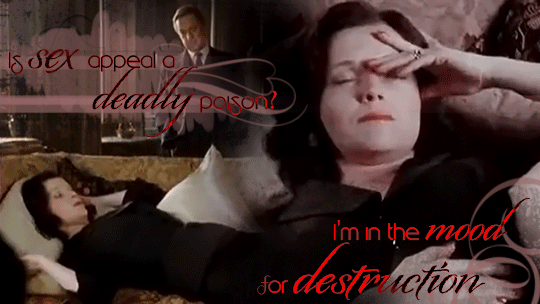
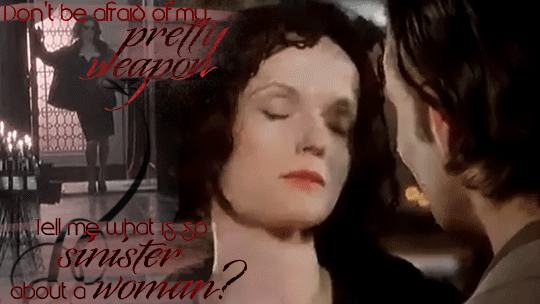
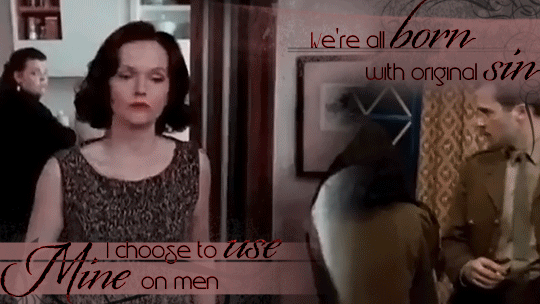



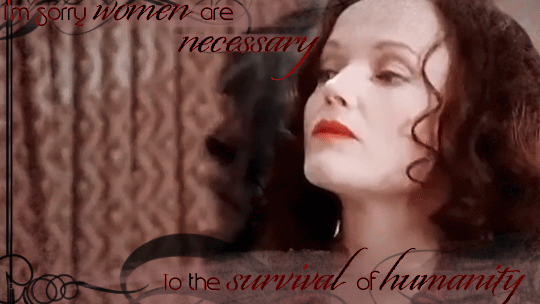

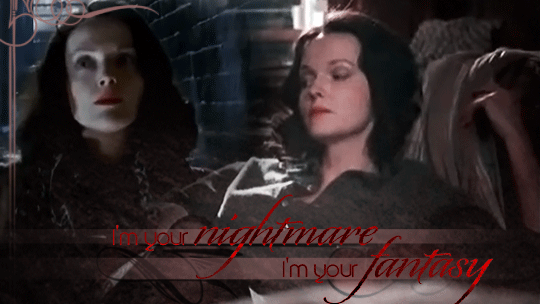

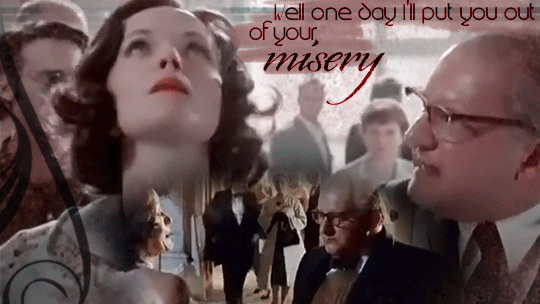
Miranda Richardson as Pamela Flitton
A Dance to the Music of Time - 1997 Femme Fatale
Is sex appeal A deadly poison? I'm in the mood For destruction Don't be afraid Of my pretty weapon Tell me what is so sinister About a woman? We're all born with original sin I choose to use mine on men
La Femme Fatale Come and follow me Into ruin and ecstasy La Femme Fatale God forbid I speak Just shut up and kiss me I'm sorry women are necessary To the survival of humanity
Lie with me, commit crimes with me I'm your nightmare, I'm your fantasy It kills you to love A lady like me Well one day I'll put you out of your misery
#Miranda Richardson#Pamela Flitton#Pamela Widmerpool#A Dance to the Music of Time#Femme Fatale#Twin Temple#Simon Russell Beale#Nigel Lindsay#Odo Stevens#James Purefoy#John Standing#Nicholas Jenkins#James Callis#Gwinnett#X Trapnel#Sean Baker#my gifs#tv : Mini Series#tv : British#pam#pam flitton#this is by far the most intense set i've ever made#and no one will likely pay it any attention because I'm deep in this Miranda Richardson hole all alone#but you know what idgaf#It's for me okay!#I've loved Miranda longer than time has had meaning in my life#Spotify#I spent the whole day working on this#I regret nothing#even it doesn't get any notes I'm proud of my work and I'm excited to look at it often
17 notes
·
View notes
Text
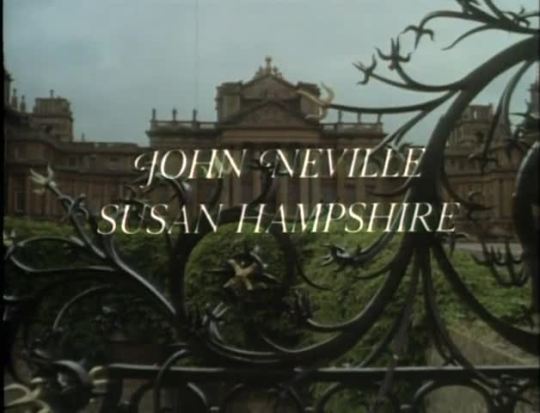

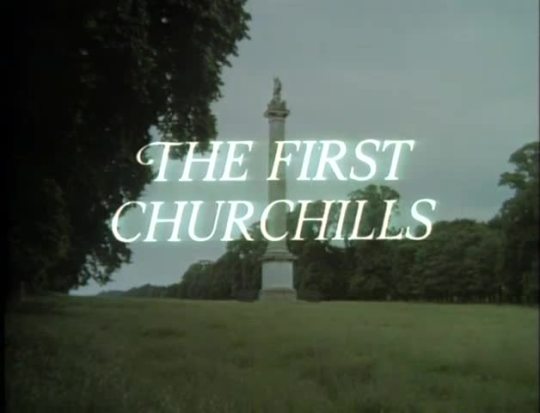
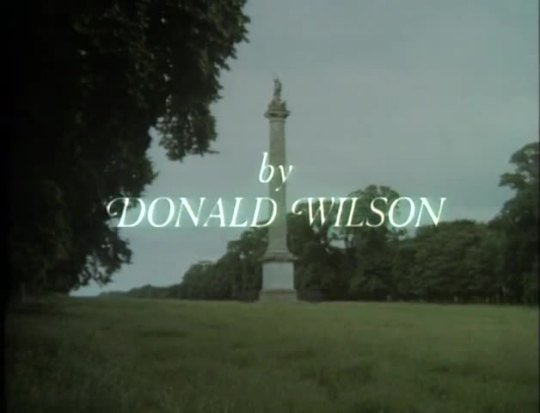










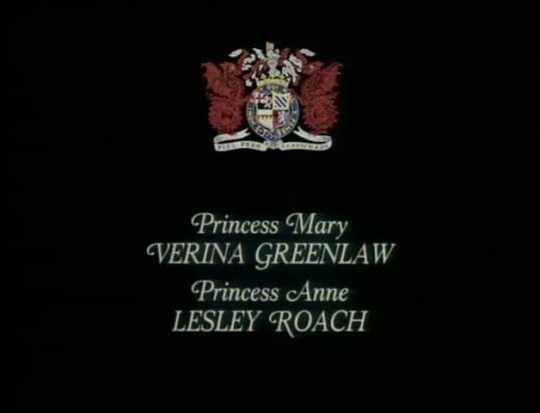

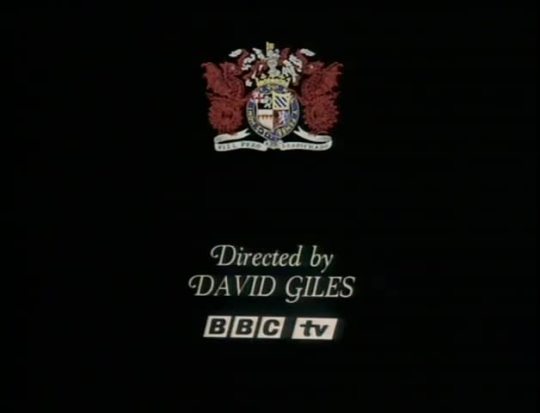
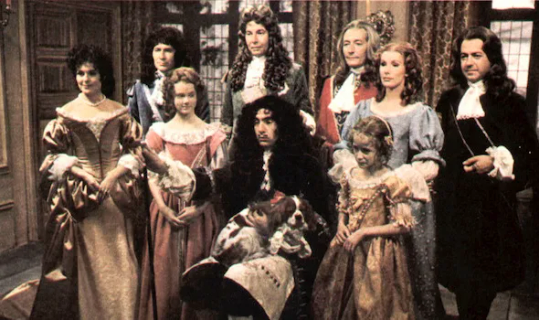
The First Churchills - BBC Two - Septembr 27, 1969 - December 13, 1969
Period Drama (12 Episodes)
Running Time: 60 minutes
Stars:
Susan Hampshire as Sarah Jennings Churchill, Duchess of Marlborough
John Neville as John Churchill, 1st Duke of Marlborough
James Villiers as King Charles II
John Westbrook as King James II
Sheila Gish as Queen Mary, wife to James II
Alan Rowe as King William III
Lisa Daniely as Queen Mary II
Margaret Tyzack as Queen Anne
Roger Mutton as Prince George of Denmark
Robert Robinson as King Louis XIV
John Standing as Sidney Godolphin
Frederick Peisley as Lord Shaftesbury
Job Stewart as Lord Shrewsbury
James Kerry as James, Duke of Monmouth
Richard Pearson as Robert Harley
Moira Redmond as Barbara, Duchess of Cleveland
Richard Warwick as Francis Godolphin
Polly Adams as Henrietta Churchill
Graham Armitage as John Wilmot, Earl of Rochester
Colin Bean as Lord Russell
Consuela Chapman as Duchess of Portsmouth
Michael Culver as Charles Churchill
Andria Lawrence as Nell Gwyn
Michael Lynch as D'Artagnan:
Kay Patrick as Henrietta Wentworth
Arthur Pentelow as Marquess of Carmarthen
Bruce Purchase as Duke of Buckingham
John Ringham as Laurence Hyde, 1st Earl of Rochester
Nicholas Smith as Titus Oates
Michael Attwell as Henry St John
Jill Balcon as Abigail Masham
Freddie Wilson as James Stuart, the Old Pretender
Yvonne Antrobus as Anne Churchill
Robert Mill as Charles Spencer, 3rd Earl of Sunderland
William Job as Adam de Cardonnel
Bernard Taylor as William Cadogan
Francis Wallis as John Churchill, Marquess of Blandford
The First Churchills was the first series telecast by PBS under the title of Masterpiece Theatre from January 10, 1971 - March 28, 1971
#The First Churchills#TV#BBC Two#PBS#Period Drama#1970's#Susan Hampshire#John Neville#James Villiers#John Standing
8 notes
·
View notes
Text
"THE WOMAN IN WHITE" (1997) Review

"THE WOMAN IN WHITE" (1997) Review
I have very little familiarity with Victorian novelist, Wilkie Collins and his work. One, I have never read any of his novels. And two, I had only become aware of his works and adaptations of his work some two to three years ago. One of those adaptations happened to be the 1997 television movie, "THE WOMAN IN WHITE".
Although a longtime viewer of PBS's "MASTERPIECE THEATER", I had never seen this version of Collins' 1859-60 novel when it first aired on U.S. television, years ago. It took streaming television for me to finally stumble across this movie. Recalling how much I had enjoyed it, I did a recent re-watch. Had my feelings for this production changed? Good question.
"THE WOMAN IN WHITE" was a BBC-TV adaptation of what is regarded as an early example of a mystery novel. Half-sisters Marian and Laura Fairlie live with their hypochondriac uncle, Mr. Fairlie, at his estate called Limmeridge. He hires a young artist named Walter Hartright to serve as their art tutor. Upon his arrival in the neighborhood, Walter unexpectedly meets a young woman dressed in white, who acquires about his plans to stay at Limmeridge. When he finally meets the Fairlie sisters, Walter realizes that Laura bears a strong resemblance to the woman he had earlier encountered. Laura and Walter develop an attraction between them, but Marian nips the potential romance in the bud when she reveals Laura's engagement to a family acquaintance, a landowner named Sir Percy Glyde. When Marian receives a warning about Sir Percy, she and Walter deduces it came from the woman the latter had encountered on his first night - a local named Anne Catherick. While heading into the woods to meet with Walter and track down Anne, Marian spots a servant woman running out of the woods, with Walter close behind. She accuses him of attempted rape. Walter is dismissed by Mr. Fairlie and Laura proceeds with her marriage to Sir Percival.
I have always regarded Collins' 1859-60 novel as a personal favorite. If I must be blunt, I have always preferred it over his other famous novel, "The Moonstone". This adaptation of "The Woman in White" is the shortest I have seen, with a running time of 125 minutes. I thought Davie Pirie of adapting the novel for a television movie. He had more or less retained the main narrative of Collins' novel. Although Marian and Laura remained half-sisters, the two characters shared the same parents, instead of the same mother. And I believe he made one improvement by allowing Marian to have a bigger role in the story's third act, which featured the mystery's resolution and the villain's downfall. More importantly, the shorter running time spared me of the final aspects of Count Fosco's arc, which I believe had unnecessarily dragged Collins' novel.
However, I do have a few complaints about Pirie's changes. I thought he had unnecessarily magnified Sir Percy Glyde's villainy by making him a rapist. He had raped Anne Catherick, when she was a girl. Although I have no problems with Pirie expanding Marian's role in defeating Sir Percy in the third act, I had a big issue with making her defeat her brother-in-law by locking him in a burning church. Pirie had transformed Marian into a murderer. And this was not my idea of expanding her role into Sir Percy's defeat. And unless I had missed that moment, I do not recall the movie revealing Count Fosco's reason for helping Sir Percy achieve his goal. Worse, the movie failed to reveal his fate before the movie's last scene.
Although published between 1859 and 1860, Collins' novel was set a decade earlier, between 1849 and 1850. Yet, "THE WOMAN IN WHITE" - at least this version - seemed to be set during the early or mid 1870s. I have no problem with this. This new setting still adhered to theme of a woman's property and marriage, considering it was set before the Married Women's Property Act 1882. Odile Dicks-Mireaux's costumes had received a BAFTA (British Academy Television) Award nomination and did an excellent job in reflecting not only this period setting, but also the characters' social standing:


I do not have any issues with the performances featured in "THE WOMAN IN WHITE". The television movie featured more than competent supporting performances from the likes of Susan Vidler, John Standing, Adie Allen, Kika Markham, Ann Bell and especially Corin Redgrave and Nicholas Woodeson. This adaptation of Collins' novel featured the second time Ian Richardson portrayed the hypocondriac Mr. Fairlie. He had portrayed the same character in the 1982 miniseries. Which performance did I regard superior? I cannot answer that. I would have to watch the older version. But I cannot deny that Richardson gave a very entertaining and fascinating performance as the unreliable Mr. Fairlie. I found Simon Callow equally fascinating as Sir Percival's mysterious companion, Count Fasco. I also have to give credit to the actor for portraying a non-English character without resorting to exaggerated gestures and an accent.
Andrew Lincoln gave an excellent performance as the emotional artist Walter Hartright. It only seemed a pity that his screen appearance and later, his role, had been limited. If I had my choice for the best on-screen Sir Percival Glyde I have seen, I would choose James Wilby's interpretation. His portrayal of the story's main villain struck me as very skillful and surprisingly subtle. I say surprisingly, considering that his Glyde's villainy had been magnified in compared to the literary and other on-screen versions. Justine Waddell gave a quiet, yet competent performance as Laura Fairlie, the catalyst and target in this mystery. Ironically, the heart and soul of Collins' story was Marian Fairlie (Halcombe in the other versions). The showrunners selected the right woman for the job, namely Tara Fitzgerald. She was superb as the forthright and emotional Marian, whose determination to protect her younger sister, led her into situations she never thought she would find herself in. Fitzgerald not only did an excellent job of portraying Marian's emotional connection to her sister, but also her ruthless determination to save the latter.
Overall, "THE WOMAN IN WHITE" proved to be an excellent adaptation of Wilkie Collins' 1859-60 novel. Due to its running time suited for a movie, screenwriter Davie Pirie made changes that either had no damaging impact and improved Collins' story. But a few of the screenwriter's changes did not serve the narrative, as well. However, one of the BAFTA TV Awards nominations for "THE WOMAN IN WHITE" proved to be Best Drama Serial. Thanks to Pirie's transcript, Tim Fywell's excellent direction and a first-rate cast led by Tara Fitzgerald and Justine Waddell, I believe the miniseries deserved that nomination.

#the woman in white#the woman in white 1997#wilkie collins#tara fitzgerald#justine waddell#andrew lincoln#james wilby#ian richardson#john standing#simon callow#corin redgrave#victorian era#davie pirie#tim fywell#susan vidler#nicholas woodeson#adie allen#kika markham#ann bell#masterpiece theater#period drama#period dramas#costume drama
5 notes
·
View notes
Text
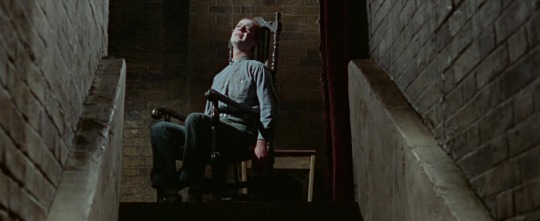

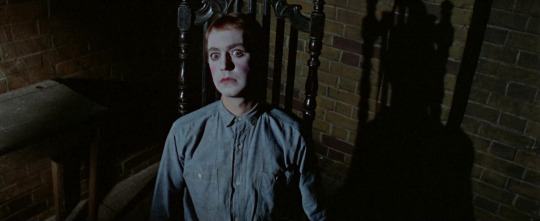

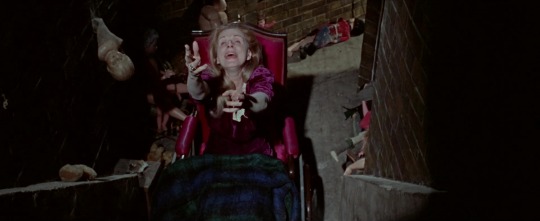
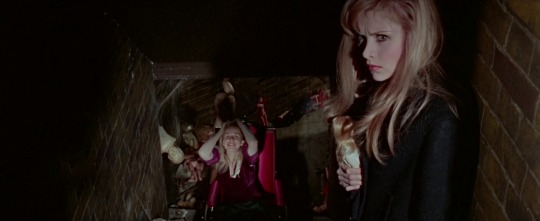
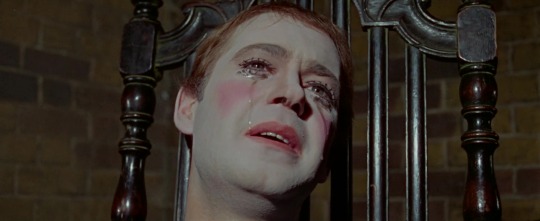
The Psychopath | Freddie Francis | 1966
John Standing, Judy Huxtable, Margaret Johnston
39 notes
·
View notes
Text
The Great Escaper (2023): Laughter, Tears and Feeling Good
The 2023 production of The Great Escaper has it all. Laughter, tears and, at the end of the film, feeling good. Don’t believe me? Just ask Michael Caine. Those are the words he uses to describe this “based on real life” tale. the story Old age pensioner Bernie Jordan (Caine) lives with his wife Irene (played to perfection by the late Glenda Jackson). They are in a nursing home. Bernie, a Royal…
#Christopher Ross#Craig Armstrong#Glenda Jackson#John Standing#Laura Marcus#Michael Caine#nosmallparts#Oliver Parker#Paul Tothill#The Great Escaper#Victor Oshing#Will Fletcher#William Ivory#Wolf Kahler
1 note
·
View note
Text

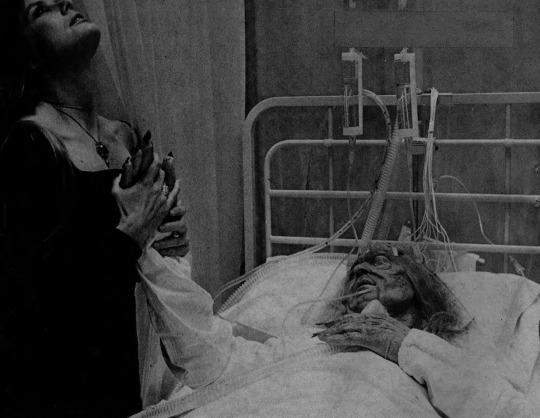
John Standing and Katharine Ross in The Legacy (1978)
42 notes
·
View notes
Text

Der Film zum D-Day-Gedenktag, allerdings schon dem 70., aber passend zum 80. (nachdem wir leichtfertig unseren allzeit liebsten D-Day-Film unlängst einfach so zum Spaß verpulvert haben, hier). Veteran Barnard Johnson entflieht seinem Pflegeheim, und macht sich alleine auf, um an den Gedenkfeierlichkeiten teilzunehmen (alles ist genau so passiert). Ist ein bisschen ein Rührstück, obschon mit Abgründen, aber wir sind gewillt, ihnen alles zu verzeihen, weil die greisen britischen Schauspiellegenden (wahrscheinlich letztmals) Michael Caine und (bestimmt letztmals) Glenda Jackson das entspannte alte Ehepaar spielen, das wir alle hoffen, zu werden, also ganz anders als 45 Jahre früher hier.
0 notes
Text


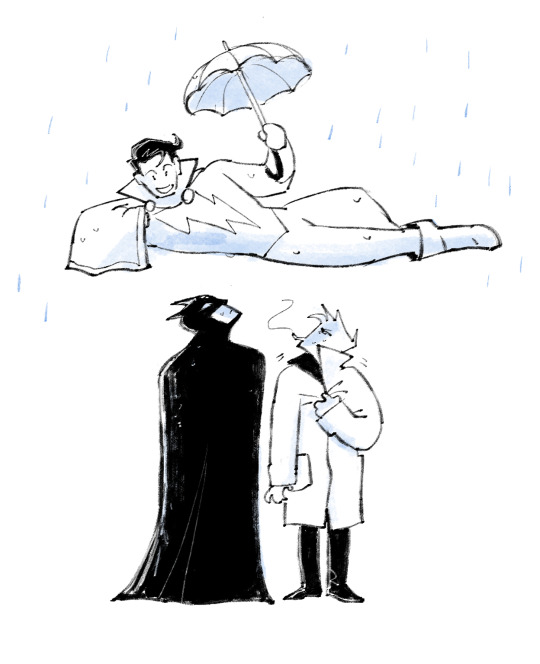
Constantine honest to god thought a child had just been struck by lightning and died by his side
#I WANTED TO DRAW MY TOP THREE DC BOYS INTERACTING SOMEHOW#dont ask me why bruce is standing in the rain waiting for the bus. Something happened. Jason took the batmobile I dont know#anyways neither of them remembered to bring an umbrella. billy to the rescue#DC#my art#shazam#billy batson#batman#bruce wayne#constantine#john constantine#fanart
23K notes
·
View notes

